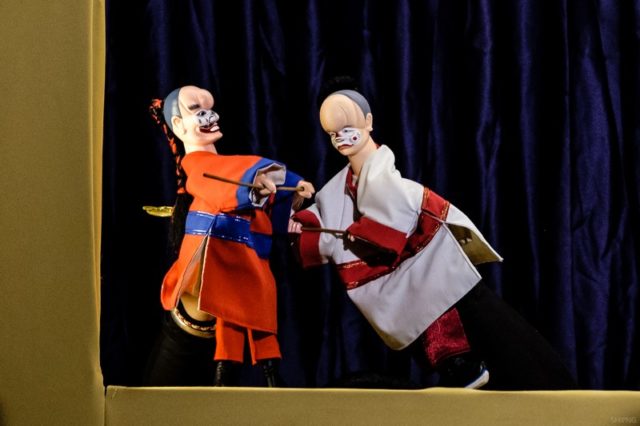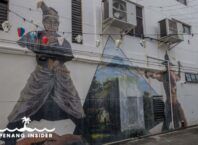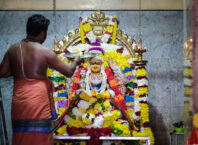Have you ever imagined what was Penang like a century ago? Well, now you can see it for yourself, and free of charge — this summer, Old Penang will be taken back to life through the power of Penang Potehi, a traditional glove-puppet performance.
Mark these dates on your calendar of Penang’s must-see festivals.
Ombak-Ombak ARTStudio’s potehi group presents a tale of love and friendship juxtaposed against old-time activities such as the lively spice trade and street festivals, pilgrims listening to talks at the mosque, secret society fights, and dancing at the amusement parks in old Penang.
Based on real stories of the local communities, the performers re-imagine life on the way-back-when island of the betel nut, employing traditional Hokkien potehi glove puppets, local costumes, multi-ethnic languages and live folk music. The show is co-directed by ethnomusicologist Prof Tan Sooi Beng and young puppeteer Marcus Lim Yun Hao.
Tan Sooi Beng of Ombak-Ombak ARTStudio said about the upcoming performance that “to be relevant and attract audiences of different ethnic backgrounds and ages, we need to recontextualize and localize the potehi. This year’s story Kisah Pulau Pinang – The Penang Story is new, different and crosses boundaries.
“Set in the late 19th and early 20th centuries when Penang was a vibrant multi-ethnic port city, it tells the stories of 4 friends of diverse ethnic and cultural backgrounds. Even though traditional potehi puppets are employed, they wear local costumes, speak local languages and sing Malay songs.
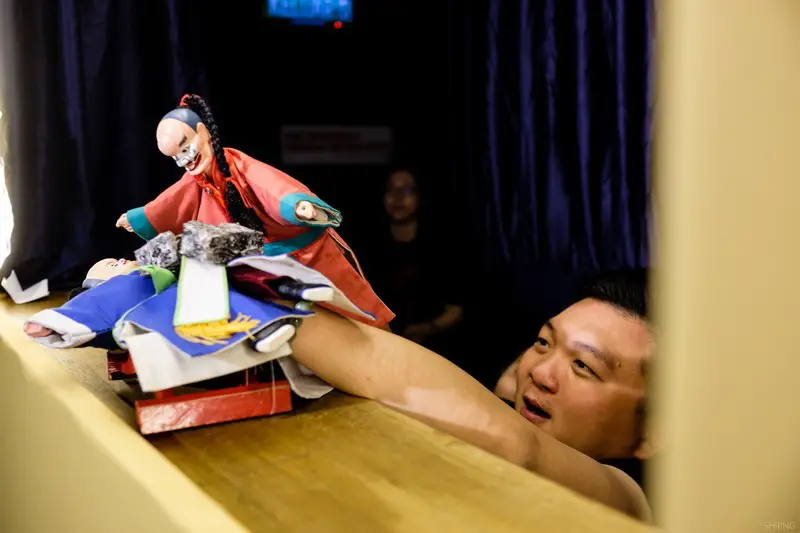
“They are engaged in various activities that make Penang alive such as spice trade at Little India, Muslims listening to talks at the Acheh Mosque while waiting for their boats to sail to Mecca, unloading goods at the jetties, gang fights, chingay and lion dance performances in the streets and joget dancing at the amusement parks. Chinese musical instruments and Malay drums are played live during the play. Pictures of old Penang and summaries of the dialogues will be projected to take the audience down memory lane.”
“Today there are only 4 troupes left on the island. Although the temples still hire groups to perform during the birthdays of the deities, there is hardly any audience.”
Where Can I see Penang Potehi for Free?
Kisah Pulau Pinang – The Story of Penang will feature at:
Heritage Celebrations, Armenian Park, July 8, 2017, 8.45 pm
George Town Festival, Penang State Museum, July 29 and 30 2017, 8 pm
Butterworth Fringe Festival, August 12 and 13 2017, 8 pm.
All shows are free of charge
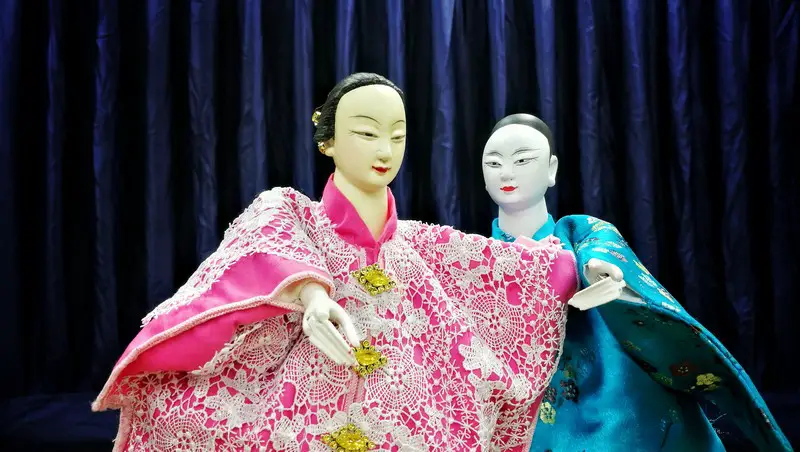
What is Penang’s Potehi?
Potehi or glove puppet theatre originated in Quanzhou, China. The Chinese brought it to Malaya in the early twentieth century. Penang was an important base for the potehi; there were about 10 troupes on the island itself in the post-war era. It was performed to honour deities at temple festivals and during the Phor Tor festival. The troupes commanded large audiences as a form of entertainment as well.
Today there are 4 troupes left on the island. Although the temples still hire groups to perform during the birthdays of the deities, there is hardly any audience. Young people do not know about the beauty of the puppets or appreciate the stories as they no longer understand the Hokkien dialogues. There are also very few young apprentices as young people are also more interested in performing pop music. The veteran performers don’t blame them as it is difficult to earn a living performing Potehi in the temples. Even their own children have other jobs.
Who’s Helping Penang Potehi survive?
Beside the 4 families of performers, to create interest in the form, Tan put together a group of young artists who began to learn the art of performing potehi under the outreach program of the artists’ collective Ombak-Ombak ARTStudio.
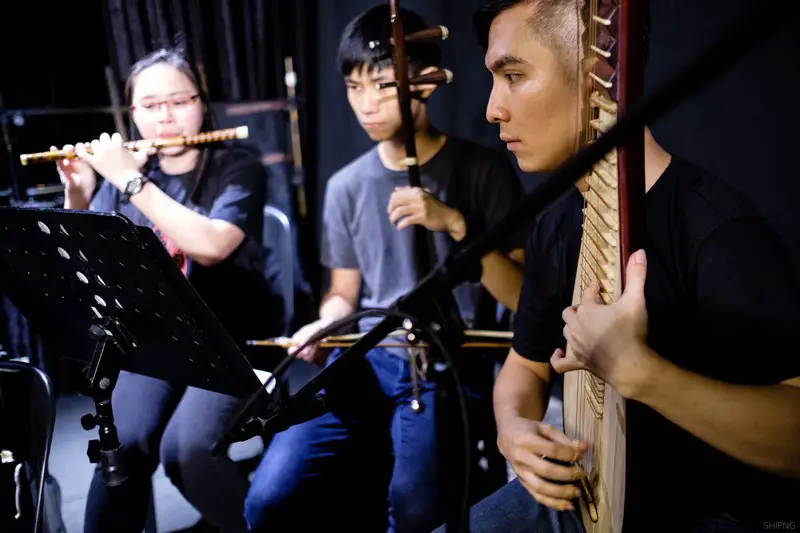
Since 2015, they have been studying from the traditional performers of the Beng Geok Hong Potehi Troupe, one of the oldest remaining troupes in Penang. The young people learned how to manipulate the different potehi character types, master the popular civil and martial stories, and play the percussions and instruments that provide a background and the mood for the different scenes.
Over the past two years, the young apprentices have performed the traditional civil and martial stories at the George Town and Butterworth Fringe Festivals. The Ombak Potehi performers have brought the Potehi to new multi-ethnic audiences through these performances.
Don’t be shy, and make sure to catch at least on of these free upcoming Potehi shows!


